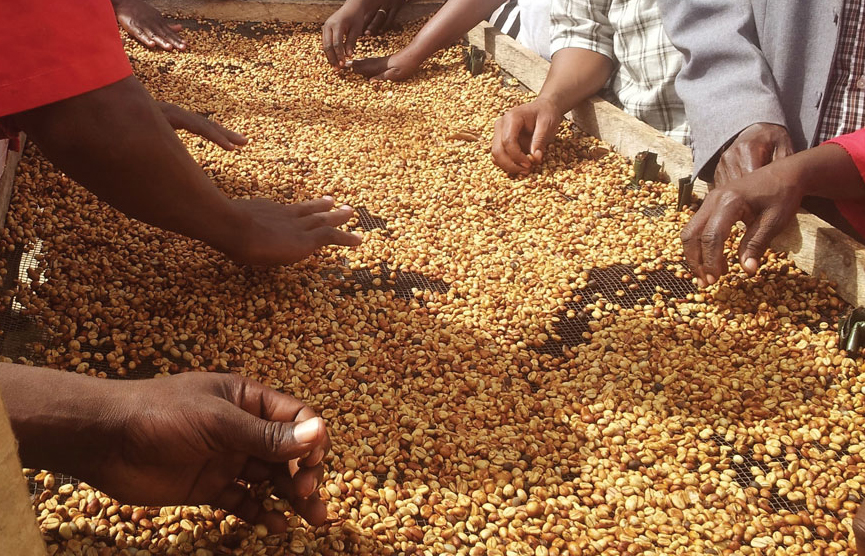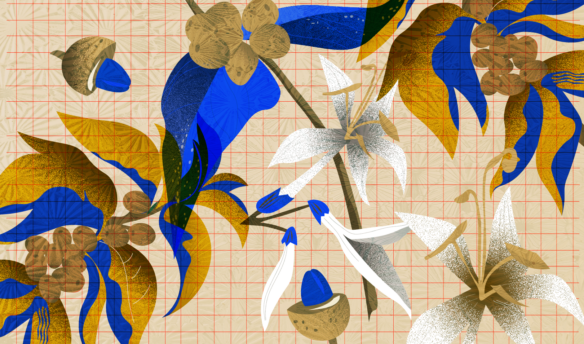[R]obusta is the center of few coffee celebrations. Though Arabica’s younger cousin makes up about a third of the world’s coffee, it has traditionally been used to fill out Arabica espresso blends, creating more crema, or for brewing into cheap instant coffees. With more bitterness and caffeine, Robusta holds up well in sugar and milk, but alone its flavor can swing away from the smoothness and subtlety of other varietals, giving it a reputation in the specialty coffee realm as a traditionally inferior bean.
All this makes the recent creation of the world’s first Robusta training and research institution a remarkable step towards advancing and elevating this underappreciated crop. Work is underway on the Center of Robusta Excellence in Uganda, a cooperative effort between the Uganda Coffee Development Authority and the Coffee Quality Institute, with a charter focused on applied research and education, and increasing the quality and value of what it calls “fine Robusta.” By educating the African and international coffee communities on Robusta’s desirable qualities, CORE seeks to challenge opinions and bolster the industry with a versatile alternative to Arabica.
Fine Robusta is a quality distinction for the species Coffeea canephora, just as some Arabica cultivars are more celebrated as specialty coffee. In Africa, where the species was born, as well as across the globe in nations like Vietnam and Brazil, Robusta has long been valued as a heartier crop, more resistant to pests, diseases, and fungus and a champion at lower elevations. Unlike Arabica, Robusta is cross-pollinating, allowing it to succeed in a variety of growing conditions by the process of natural selection. CORE is poised to directly benefit more than a million coffee growing households in Uganda alone, by studying new landraces of the bean and designing strategies for increased and improved Robusta production.
In an age of disease and climate change, a more resilient bean could be a game changer for rust- and drought-stricken farms. CORE is anticipated to open in 2015, with the goal of introducing the specialty coffee industry to a new generation of Robusta, one with, they claim, “dramatically better flavor and more applications than currently exist.”
—Regan Crisp is Fresh Cup’s associate editor.















